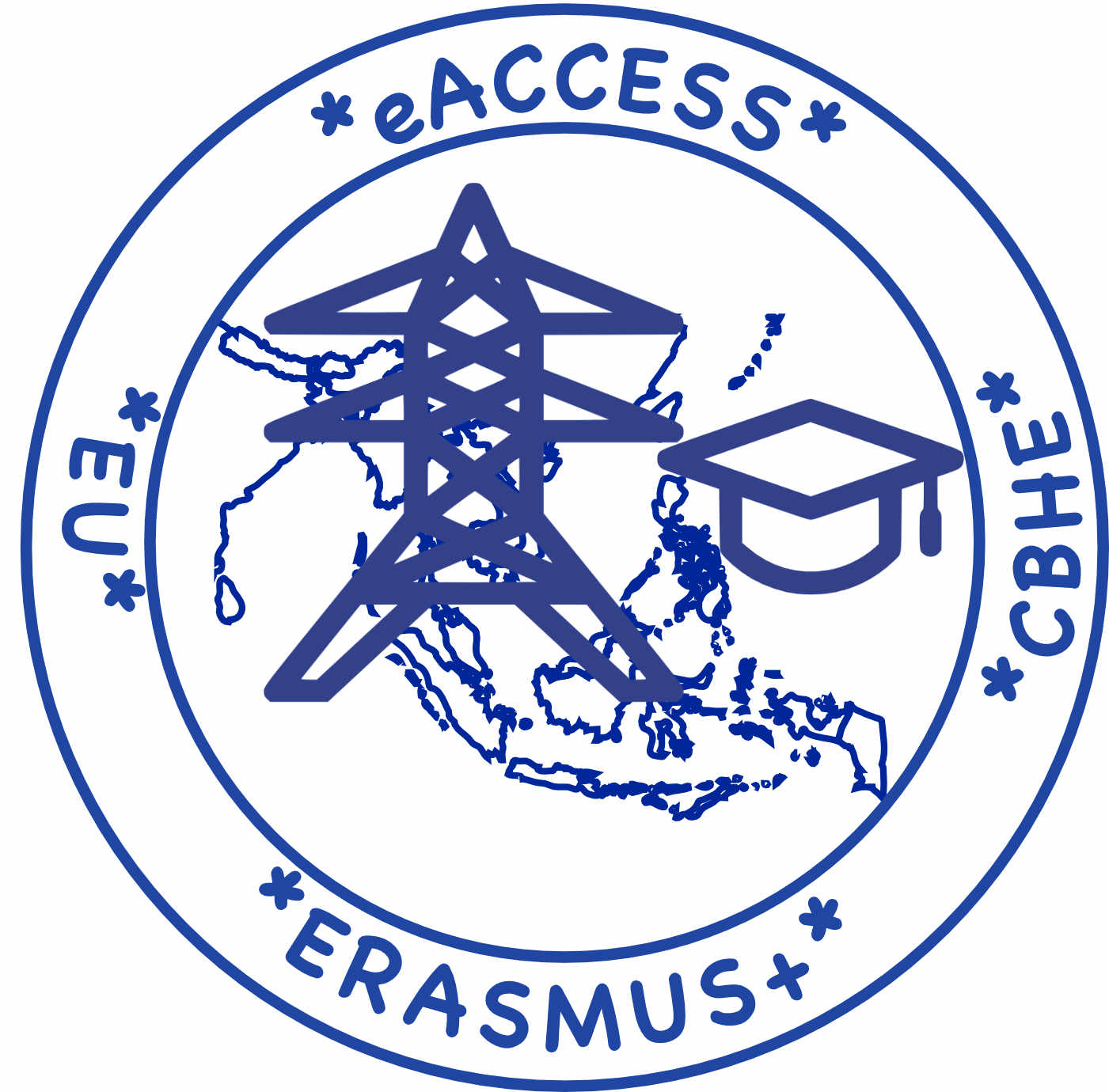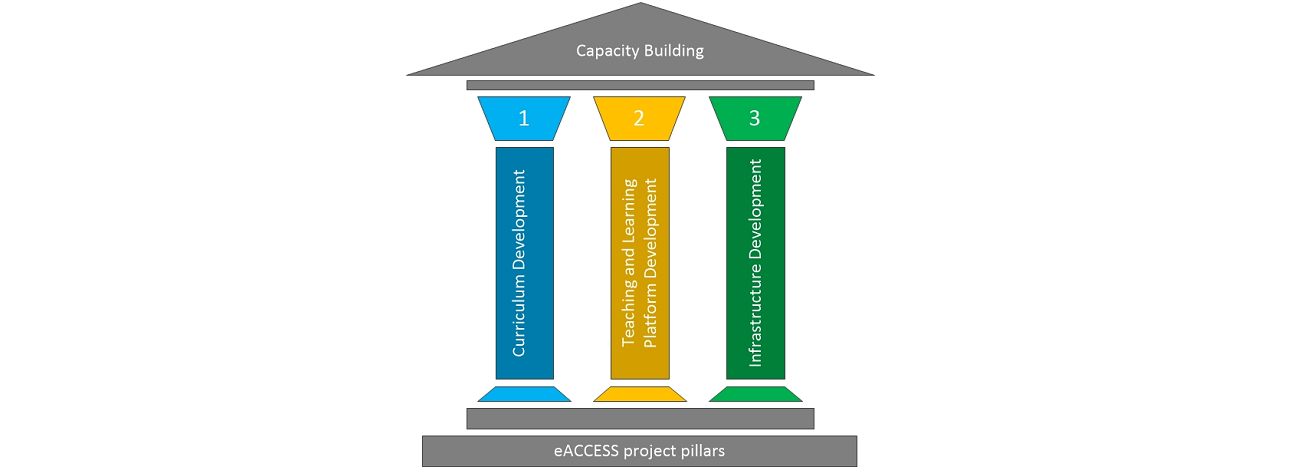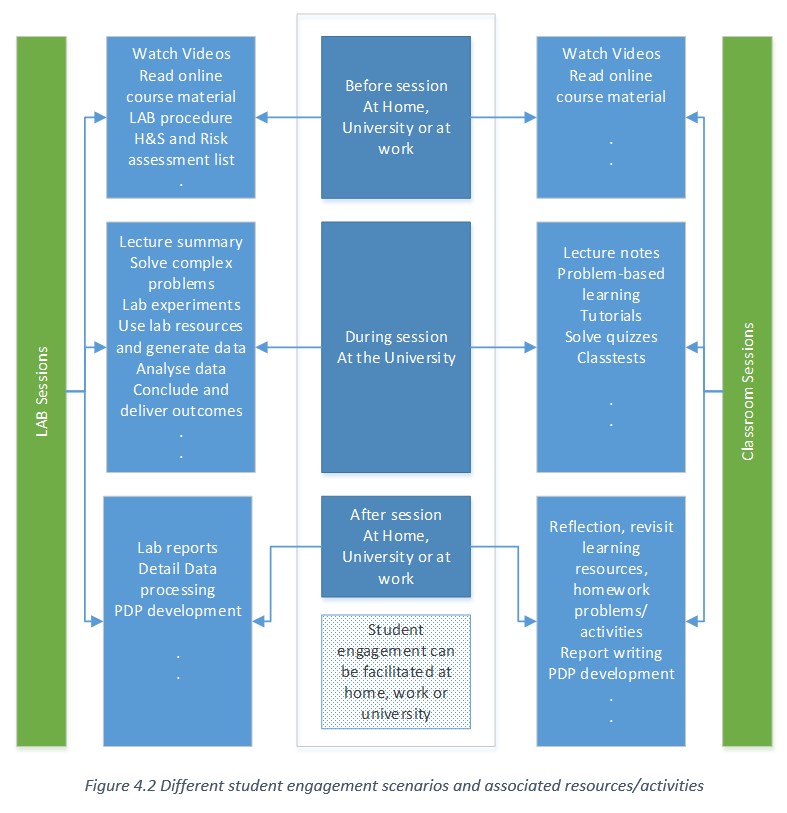Based on the outcomes of consultations, reviews and audits conducted as a part of Task 1.1, the methodology for the selection and specification of new or upgraded subjects and courses focusing on the most important aspects of the modern power system engineering has been developed.
Feasibility study led by Piller I leader (AUTH) on the implementation of new teaching modules involves development and/or modernization of the academic curriculum at partner universities to introduce or improve courses relevant to the modern, smart power engineering knowledge and skills. All together the eACCESS project and European partners will support development or modernization of the teaching contents of at least 29 different subjects at undergraduate and master study level of electrical engineering courses. These are predominately specialisation subjects of last study semesters (5-9 semester) dealing with advanced issues of power system operation and application of information and communication technologies in the process of the development and operation of modern power systems using sustainable, environment-friendly sources (renewables) and smart grid infrastructure, empowering end consumers, offering wide spread, easy access to electrical energy in undeveloped regions and to underprivileged social groups, and introducing transparency and fair competition rules to the power energy sector.
After all requests for modernization or development of the curriculum received from partner universities have been collected, working together with TUL and AUTH the submitted subjects have been reviewed and clustered in knowledge domain groups. The European partners assessed consistency within the clusters, expertise and resources available within the consortium, time framework of the project and came up with the final list of subjects which will be supported by eACCESS project. They are predominately core power engineering subjects, which largely determine the value of the graduate in the labour market.
The final selection of subject include in the eACCESS curriculum modernization and development process is presented below


